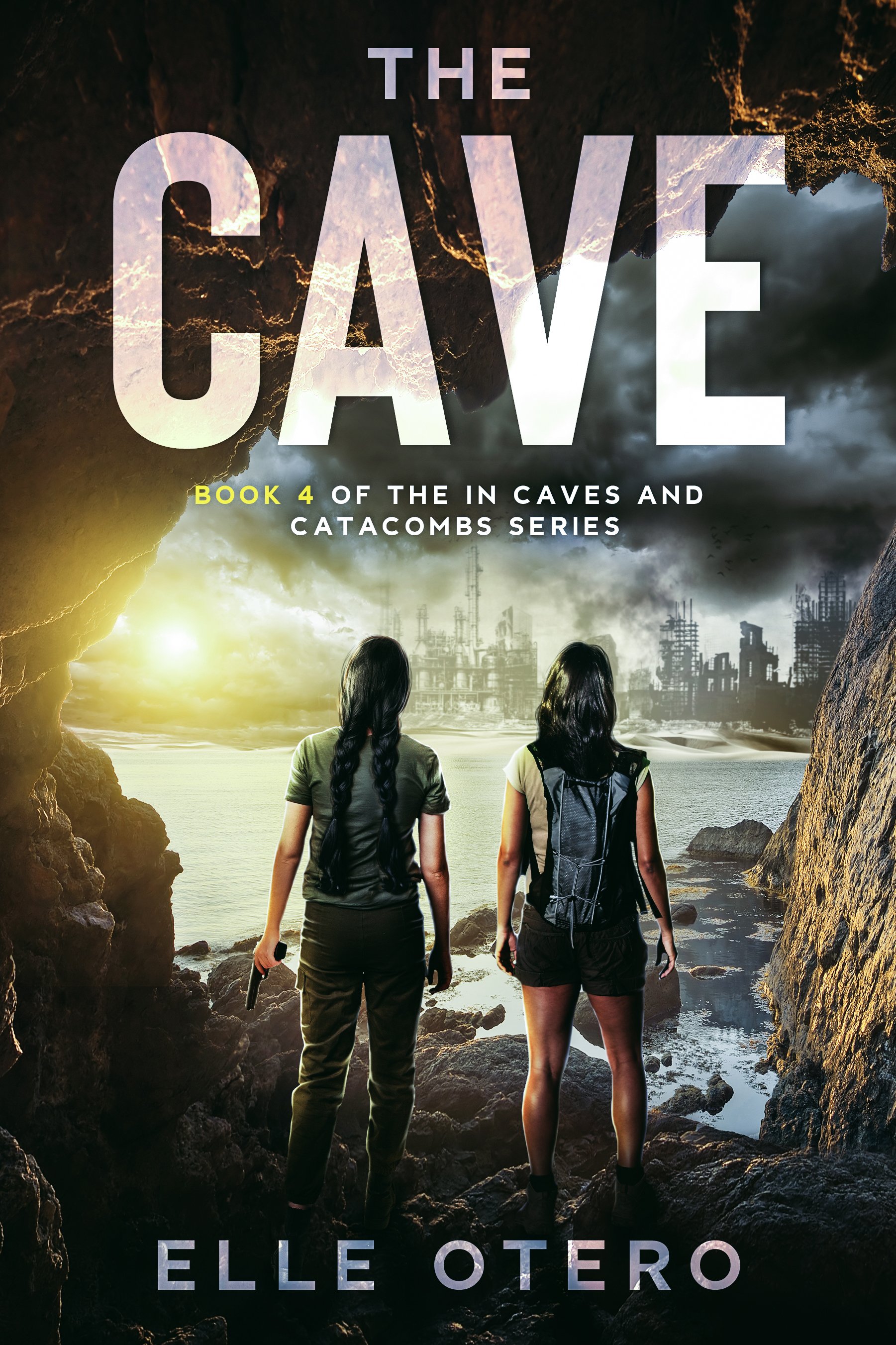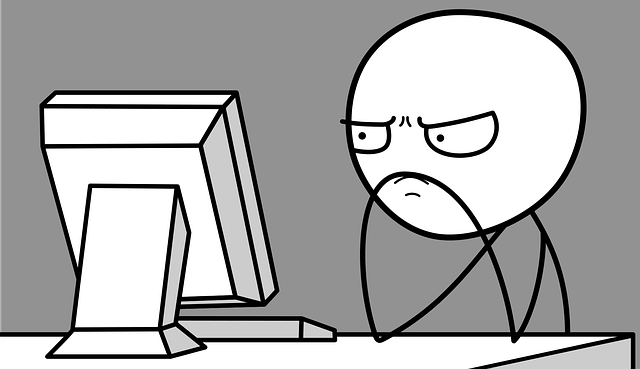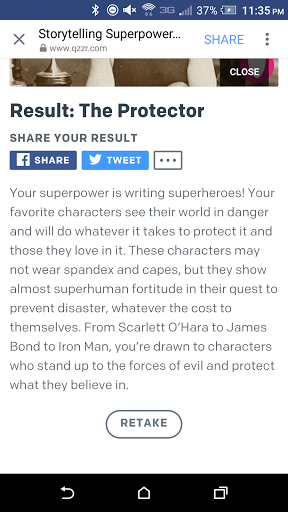Workshop minimum requirement: coffee
A few years ago, I began my first college writing workshop. Sure, I’d taken some creative writing classes before, but I couldn’t imagine that the natural talent required to create art could really be taught in the classroom. I failed to appreciate the mechanics of writing well, and the value of the writing community. I also couldn’t have imagined how it feels to share your work with fifteen to twenty other readers.
When I first read aloud an excerpt from my first novel draft, I was overwhelmed to the point of tearing up (just a little, okay?). That silence as you read is loaded. When you finish, you become a total cliched breath-holding, nail-biting quivering child, speaking in public for the first time. You want everyone to like it so very much, and you feel your dreams riding on that quietness. You wonder if you write for other people or for yourself. Only the truest writers write for themselves and don’t care what others think, right? Right?!
I don’t think so. Not entirely, anyway. There’s value in workshops, and it’s not just in getting others to beta read your work, or to get feedback and free editing. A great deal of the value is in hearing others discuss your characters as if they’re real. The readers discuss the choices your characters make, and how that might change what happens next. It breathes life into the work. It encourages you to keep going, to keep spending those hours writing and editing and researching and imagining. Workshops are a beautiful thing. So seek them out, friends. Even if it’s just you and your pal, meeting weekly over coffee to talk about the next chapter. They’re worth every minute!










